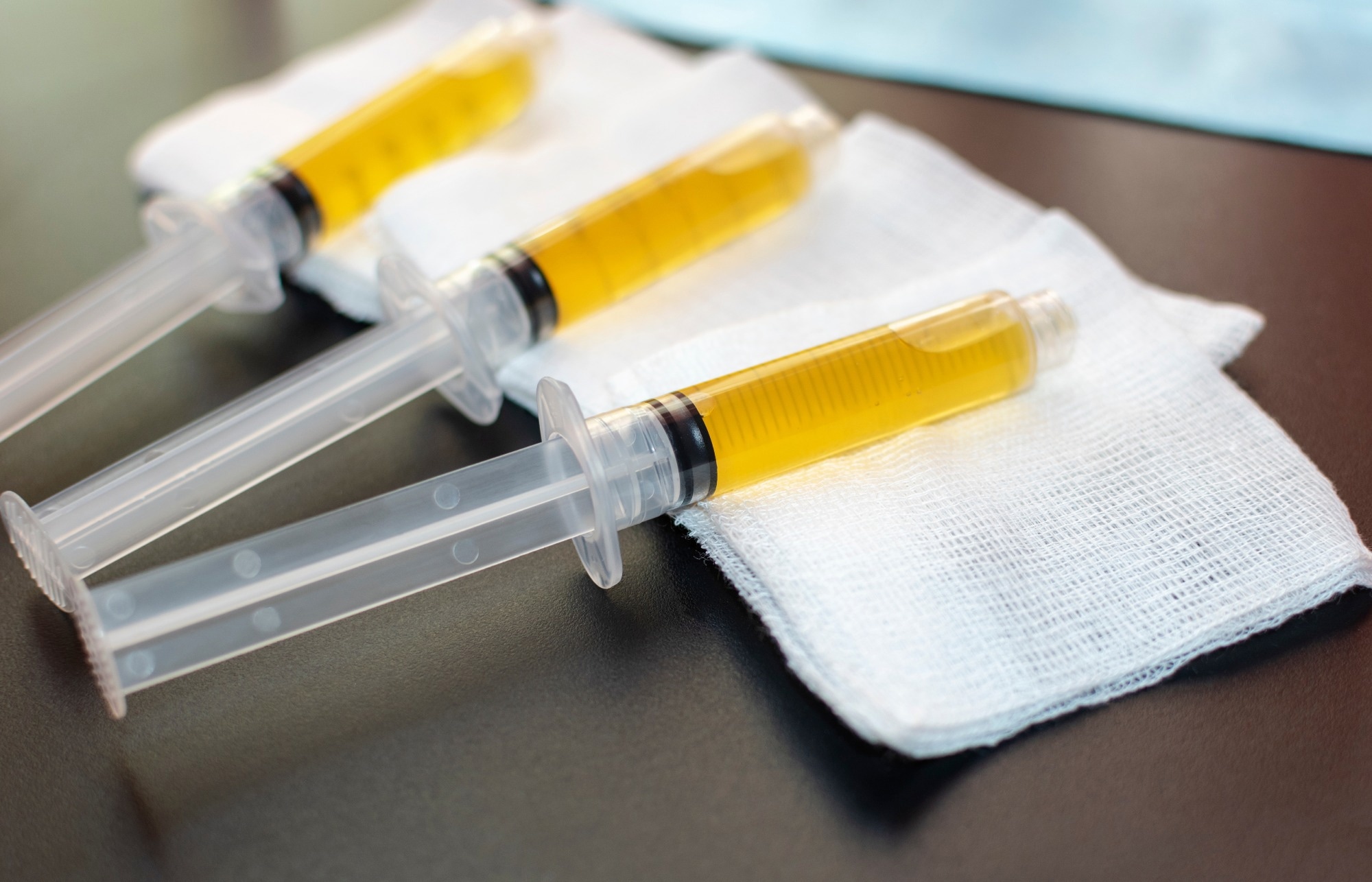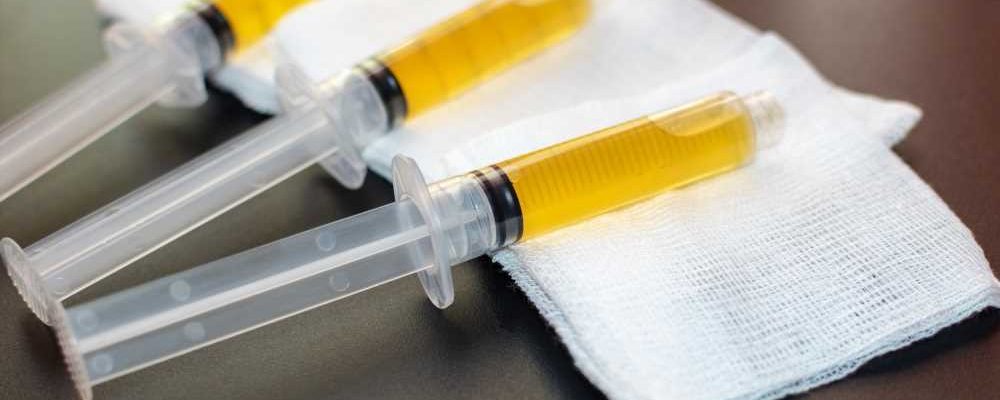Does convalescent serum treatment lower mortality in SARS-CoV-2-infected individuals?
In a recent study published in Scientific Reports, researchers performed a meta-analysis to evaluate the impact of convalescent serum therapy on all-cause mortality among coronavirus disease 2019 (COVID-19) patients.

Globally, the severe acute respiratory syndrome coronavirus 2 (SARS-CoV-2) outbreak has resulted in unprecedented morbidity and mortality. Clinical presentations of COVID-19 range from asymptomatic to moderate, severe, life-threatening, or deadly disease.
There are many therapeutic approaches with varied efficacy for SARS-CoV-2 infection-associated loss of health, with the utilization of convalescent serum yielding inconsistent outcomes in newly published randomized controlled trials (RCTs).
Convalescent serum treatment is a passive type of immunization in which serum from a previously recovered patient is transfused into a currently ill individual suffering from that disease. The antibodies by the convalescent individual confer humoral immunity to the ill individual.
This therapeutic approach has been reportedly useful in treating infections caused by the Ebola virus, influenza A viruses, pulmonary β-coronaviruses, and flaviviruses. Nonetheless, there is inadequate data to support convalescent serum therapy's therapeutic effectiveness in COVID-19 treatment.
About the study
In the present meta-analysis, researchers investigated the clinical efficacy of convalescent serum therapy among individuals with severe or critical COVID-19 in lowering all-cause deaths.
The Cochrane Library, PubMed, Google Scholar, and Medline were searched for high-quality and peer-reviewed full-text RCTs published in English and including hospitalized adult COVID-19 patients. The initial and subsequent data searches were conducted on 15 September 2021 and 29 January 2022, respectively. Observational studies, case reports, case series and RCTs including pregnant females were excluded from the analysis.
Two researchers independently performed data screening and extraction and assessed bias risks in the included RCTs, with disagreements resolved by discussion. The binary primary outcome was any-cause death. The risk ratio (RR) of convalescent serum therapy (versus the best medical treatment) and its related standard error (effect size) were calculated.
Random-effects modeling was employed to pool the effect sizes of the included studies. Bias risk was assessed using the revised version of Cochrane’s risk of bias tool for randomized trials (RoB 2.0). The I2 statistic was used to assess heterogeneity in the included studies. The influence of each included RCT on the pooled effect sizes was evaluated using the leave-one-out approach.
Results
Initially, 415 publications, including 39 RCTs, were identified, from which 12 duplicate records were removed. Further, after the title and abstract screening, 15 records were excluded. After the full-text screening, 19 RCTs, including 17,021 individuals, were analyzed, of which 8,738 individuals received convalescent serum with the best medical treatment (case group), whereas 8,283 individuals were provided with the best medical treatment alone or in combination with a placebo (control group).
In the RCTs, the dose of convalescent serum ranged between 200 and 350 ml and was administered one or two times a day or on consecutive days. The overall bias risk was low in the included studies. The pooled RR estimate was 0.9 (I2=10%) showing no statistically significant evidence for the benefits of convalescent serum treatment on any-cause deaths.
Similar results were obtained in the sensitivity and leave-one-out analyses, indicative of the robustness of the primary analysis findings. The prediction interval ranged between RR values of 0.7 and 1.3, indicating no distinct preferences for a specific treatment. Among the included RCTs, the RECOVERY Collaborative Group study showed the largest impact on the pooled estimate.
The sensitivity and leave-one-out analysis findings were comparable to those of the primary analysis, indicative of the robustness of the findings. No statistically significant small-study effects (publication bias) were observed in the included studies.
The median time to convalescent serum transfusion was reported in 14 studies and ranged between 3 and 30 days. No statistically significant association was observed between the time of transfusion and the effect sizes of the included studies.
Conclusions
Overall, the study findings showed that convalescent serum therapy proved unsuccessful in lowering all-cause deaths among SARS-CoV-2-positive individuals. However, further study is needed to establish which patient profiles may benefit from convalescent serum therapy.
Future research must take into account the causative SARS-CoV-2 variant, the volume of serum provided, the immunoglobulin G (IgG) antibody titer in the transfused serum, and other medications consumed by the participants.
The findings of the meta-analysis do not support the routine delivery of convalescent serum to all SARS-CoV-2-positive individuals. Individuals at high risk of immunodeficiency, such as those with old age, immunological diseases, or cancer, may benefit from convalescent serum therapy.
Further, convalescent serum may be advantageous in high-risk exposure scenarios, such as post-exposure prophylaxis, particularly in fragile patients. Furthermore, the time of convalescent serum delivery may be essential, with some studies reporting that clinical success is dependent on early intervention within three to seven days of symptom onset.
- Mihalek N, Radovanović D, Barak O, et al. (2023). Convalescent plasma and all-cause mortality of COVID-19 patients: systematic review and meta-analysis. Scientific Reports, 13, 12904. doi: 10.1038/s41598-023-40009-8. https://www.nature.com/articles/s41598-023-40009-8
Posted in: Medical Research News | Medical Condition News | Disease/Infection News
Tags: Antibodies, Antibody, Cancer, Convalescent Plasma, Coronavirus, covid-19, Efficacy, immunity, Immunization, Immunodeficiency, Immunoglobulin, Influenza, Mortality, Placebo, Prophylaxis, Research, Respiratory, SARS, SARS-CoV-2, Severe Acute Respiratory, Severe Acute Respiratory Syndrome, Syndrome, Virus

Written by
Pooja Toshniwal Paharia
Dr. based clinical-radiological diagnosis and management of oral lesions and conditions and associated maxillofacial disorders.
